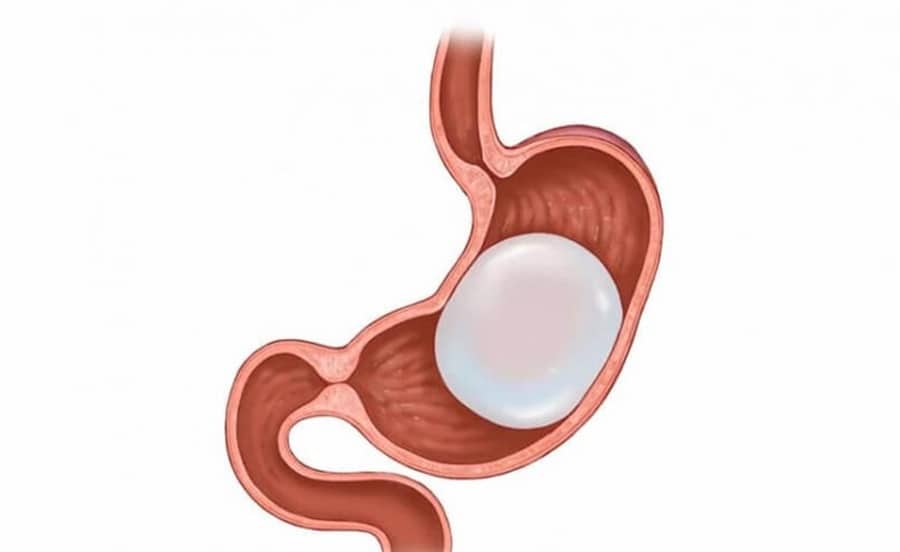If you’re like most people, the word “cholesterol” probably fills you with dread – and for a good reason. Having too much of it can lead to serious health risks and a higher risk of heart disease and stroke. And while many people focus on reducing their cholesterol levels by cutting back on foods high in saturated fat, there’s much more to know about this vital diet component. So read on to learn everything you need to know about cholesterol! This article will explore exactly what cholesterol is, where it comes from, and why it matters so much to your health – and it will also provide helpful tips on managing your levels.
Contents
- 1 What Is Cholesterol?
- 2 The Importance Of Maintaining Healthy Cholesterol Levels
- 3 Monitoring Cholesterol Levels
- 4 How To Manage Cholesterol Levels
- 5 Eat A Heart Healthy Diet
- 6 Exercise Regularly
- 7 Manage Stress
- 8 Quit Smoking
- 9 Maintain A Healthy Weight
- 10 Take Medication As Prescribed
- 11 Know The Truth About Cholesterol!
What Is Cholesterol?

Cholesterol is a type of lipid (fat) produced by the liver and also obtained from animal-based foods you eat. There are two main types of cholesterol: low-density lipoprotein (LDL) and high-density lipoprotein (HDL). LDL is often referred to as “bad” cholesterol because it can build up in the walls of blood vessels, leading to blockages and increasing the risk of heart disease and stroke. On the other hand, HDL is known as “good” cholesterol because it helps to remove excess cholesterol from the body and reduce the risk of heart disease.
The Importance Of Maintaining Healthy Cholesterol Levels

Having healthy cholesterol levels is essential for maintaining good heart health. High cholesterol levels can lead to a buildup of plaque in the blood vessels, which can narrow and harden over time. This can increase the risk of developing heart disease, stroke, and other conditions such as peripheral artery disease and carotid artery disease.
In addition to heart health, cholesterol levels can also affect other areas of health. High cholesterol levels can cause an increased risk of developing type 2 diabetes and kidney disease. It can also contribute to erectile dysfunction in men and affect cognitive function in older adults. Maintaining healthy cholesterol levels is essential for overall health and well-being.
Monitoring Cholesterol Levels

Regular monitoring of cholesterol levels is essential for tracking the success of any lifestyle or medication changes. This can be done through a simple blood lipid panel or lipid profile test. This test measures total cholesterol, LDL cholesterol, HDL cholesterol, and triglyceride levels in the blood.
Healthcare providers typically recommend that individuals have their cholesterol levels checked every 4-6 years or more frequently if there is a family history of heart disease or high cholesterol levels. This allows for early detection and intervention and can help to reduce the risk of heart disease and other health problems.
How To Manage Cholesterol Levels
If you suffer from high cholesterol levels or have a genetic predisposition to it, you can make several lifestyle modifications to lower your levels. The following are some of the most effective strategies for managing cholesterol levels:
Eat A Heart Healthy Diet

Eating a heart-healthy diet is essential for keeping cholesterol levels in check. By eating plenty of whole grains, fruits, vegetables, legumes, and fish, your body will receive beneficial nutrients such as fiber and omega-3 fatty acids that help to lower your cholesterol levels. Moreover, it is just as important to cut down on saturated fats and trans fats to maintain the right kind of cholesterol balance within your body.
Limiting high-sodium foods, eating lean proteins, and reducing consumption of processed foods are also great habits to practice to ensure you’re maintaining healthy cholesterol levels. With the right mix of dietary intake, you can easily lower your cholesterol levels without needing any pharmaceutical intervention.
Exercise Regularly

Regular exercise is another great way to manage cholesterol levels. Regular physical activity can help the body break down, absorb bad cholesterol more efficiently, and even lower blood pressure. Exercise also helps release endorphins that reduce stress, which further aids in balancing cholesterol levels.
Not only that, but regular exercising helps create new healthy habits that result in a healthier lifestyle overall. It’s important to choose activities you find enjoyable, so you stay motivated and keep up with your regular workouts for long-term benefits. Exercise can be as simple as taking leisurely walks or playing a sport you love — whatever fits your lifestyle and interests.
Manage Stress

Managing stress is one of the most important yet overlooked elements of managing cholesterol levels. High-stress levels can increase cholesterol and triglycerides, making it harder to stay within healthy ranges. Thankfully, there are many simple techniques, such as yoga, mindfulness exercises, and getting enough sleep, that you can use to keep your stress in check.
However, it’s important to note that while these strategies may work in the short term, establishing lifelong habits like mindful eating or exercising are far more effective ways to manage your cholesterol levels long-term.
Quit Smoking

Along with reducing your risk of lung cancer and other respiratory diseases, quitting smoking can also help reduce cholesterol levels. The chemicals in tobacco smoke cause the liver to produce higher amounts of LDL, or bad cholesterol, leading to plaque buildup in the arteries. Furthermore, smoking decreases the body’s capacity to absorb essential nutrients, such as omega-3 fatty acids, which are known to reduce cholesterol levels.
By quitting smoking and replacing it with healthier habits, you can help reduce your risk of developing heart disease or stroke. In addition to reducing cholesterol levels, you’ll enjoy all the benefits of a smoke-free life.
Maintain A Healthy Weight

One of the biggest risk factors for having high cholesterol levels is being overweight or obese. Maintaining a healthy weight is essential for keeping your cholesterol levels in check, as excess fat can cause the liver to produce more LDL and fewer HDL particles. By making small changes to your diet and lifestyle, such as some of the ones discussed in this section, you’ll be able to reach and maintain a healthy weight over time.
And if you are unsure what a healthy weight looks like for you, many online tools, such as the BMI calculator, can help you get started. Once you identify your ideal weight, you can focus on making lifestyle changes that will help support your goals.
Take Medication As Prescribed

Finally, your doctor may recommend medication if your cholesterol levels remain high despite making lifestyle changes. Statins are the most common medication used for treating high cholesterol levels, and they work by inhibiting an enzyme in the liver that produces cholesterol.
Before taking any medication, talk to your doctor about any potential side effects or interactions with other medications you may be taking. Additionally, it’s essential to create a plan with your doctor that involves taking your medication as prescribed and monitoring and adjusting your dosage if necessary.
Know The Truth About Cholesterol!
Cholesterol has been referred to as the “bad guy” for many years. However, if you are informed about what it does for the body and how it functions, it can be seen more as an ally than an enemy. Knowing this takes away some of the fear associated with cholesterol and replaces it with an appreciation for its existence and importance in good health. If you have questions about cholesterol or want to learn more, speak with your doctor. They can provide you with the information and support you need to ensure your cholesterol levels stay healthy.


